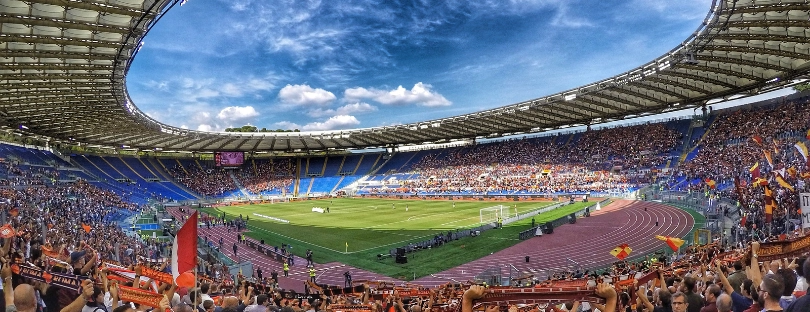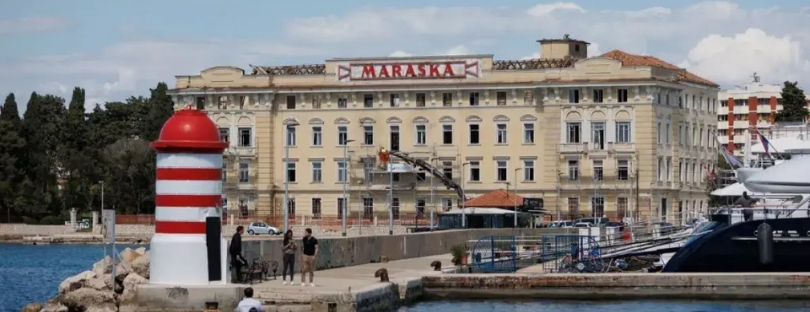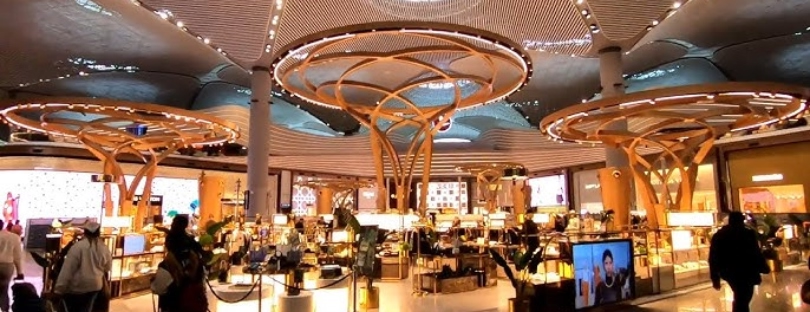
Luxury Travel Market is on the rise
Travel and tourism have been one of the hardest-hit industries by the pandemic. In 2020, global international tourism revenues dropped by over 51 percent, amounting to 2.86 trillion U.S. dollars. Nonetheless, the market is forecast to recover rapidly and reach 2019 levels by 2023. Luxury Travel market
Luxury tourism, the industry designed to satisfy the lavish travel expectations of high-net-worth individuals, saw a slightly steeper decline. The decrease in global internal luxury tourism revenues in 2020 is estimated at 54 percent, resulting in the global luxury tourism industry reaching only reaching 511 billion U.S. dollars.
The luxury travel market size was valued at USD 22200 Million in 2021, and it is anticipated to reach USD 39300 Million by 2028, registering a CAGR of about 8.4% during the forecast period (2022–2028).
Key Trends in the Luxury Travel Market
- Personalization & Tailor-Made Experiences: Modern luxury travelers increasingly seek highly customized and unique travel experiences. This includes exclusive tours, private villas, custom itineraries, and personalized attention during the trip.
- Sustainable & Eco-Friendly Luxury Travel: High-end travelers are becoming more environmentally conscious. Sustainable tourism, eco-lodges, and experiences that emphasize conservation and community engagement are gaining popularity.
- Experiential Travel: Rather than traditional sightseeing, affluent travelers are seeking immersive experiences like wellness retreats, culinary adventures, wildlife safaris, and cultural interactions that offer deep personal enrichment.
- Wellness and Health-Focused Travel: Luxury travelers are drawn to destinations and services that focus on holistic wellness, from luxury spa treatments to fitness retreats, mental health programs, and wellness resorts.
- Adventure Luxury: Combining adventure and luxury is a growing trend. High-net-worth individuals are engaging in exotic, off-the-beaten-path adventures such as private expeditions, Arctic cruises, and luxury safaris without compromising comfort.
- Tech-Enhanced Luxury: Tech-savvy travelers expect state-of-the-art technology to enhance their experience, whether through seamless booking processes, high-tech room features, or virtual reality tours before choosing a destination.
- Privacy and Security: In light of the pandemic, privacy has become a key component of luxury travel. Private jet charters, yacht rentals, and secluded villas are in higher demand.
- Bleisure Travel (Business + Leisure): Luxury travelers often blend business with leisure. This segment seeks high-end services in cities that combine work requirements with relaxation and exploration.
Major Factors Driving The Growth Of The Luxury TraveI Market:
The luxury travel market is expected to be driven by rising middle-and upper-class disposable income and consumer spending, rising demand for accumulating travel memories, and an increase in micro trips. In addition, the growing use of the internet and the presence of social media are driving the market forward.
The primary benchmark for the luxury travel market is growing traveler preference for personalized service, reliable transportation, exclusivity, and positive and professional interactions with staff.
Furthermore, growing political stability around the world in terms of gender, ethnicity, sexual orientation, human rights, racism, citizenship, and visa availability is propelling the luxury travel market forward.
Trends Influencing The Growth Of The Luxury Travel Market:
The luxury travel market is likely to be driven by an increase in the number of people who prefer solo luxury tourism to achieve their travel goals without distractions or interruptions.
Consumer spending, rising millennial spending, and tourism sector expansion are all contributing to the growth of the luxury travel market. Growing middle-class populations are important contributors to market expansion. Consumers are rapidly increasing their travel spending as a result of increased disposable income and celebrations and special events. Furthermore, rising affluence and government relaxation of visa restrictions on travelers are propelling the market forward at a rapid pace.
Consumer spending on travel is increasing as the working population grows, with a greater number of women in the workforce. As a result, the market has seen an increase in the number of female travelers, which is driving the market’s growth. According to statistics, luxury travel has become popular and a top priority for most people in terms of future spending options. Market leaders are devising unique strategies to target the growing middle-class segment in order to capitalize and attract more customers.
The increasing use of the internet and the presence of social media are propelling the luxury travel market forward. Traditional advertising is less effective than user-generated travel content. Furthermore, travel storytelling on social media platforms such as Instagram, Facebook, and blogging websites has exploded.
Luxury Travel Market Share Analysis
Based on region, Asia-Pacific held the largest Luxury Travei market share of about 33%. Europe is in second, accounting for about 30% market share.
Based on age group, the Millennial segment is expected to be the most lucrative segment. Luxury and meaningful consumption are more important to millennials than owning things. They are more religiously and politically independent, more entrepreneurial, less likely to marry, distrustful of authority, better educated, and more travel-oriented than any previous generation.’
Top Companies In The Luxury TraveI Market:
Major companies discussed in this report include TUI Group, Thomas Cook Group, Jet2 Holidays, Cox & Kings Ltd, Lindblad Expeditions, Travcoa, Scott Dunn, Abercrombie & Kent Ltd, Micato Safaris, Tauck, Al Tayyar, Backroads, Zicasso, Exodus Travels, Butterfield & Robinson, etc.
“The top 5 companies are expected to hold about 14% of the market share”.









